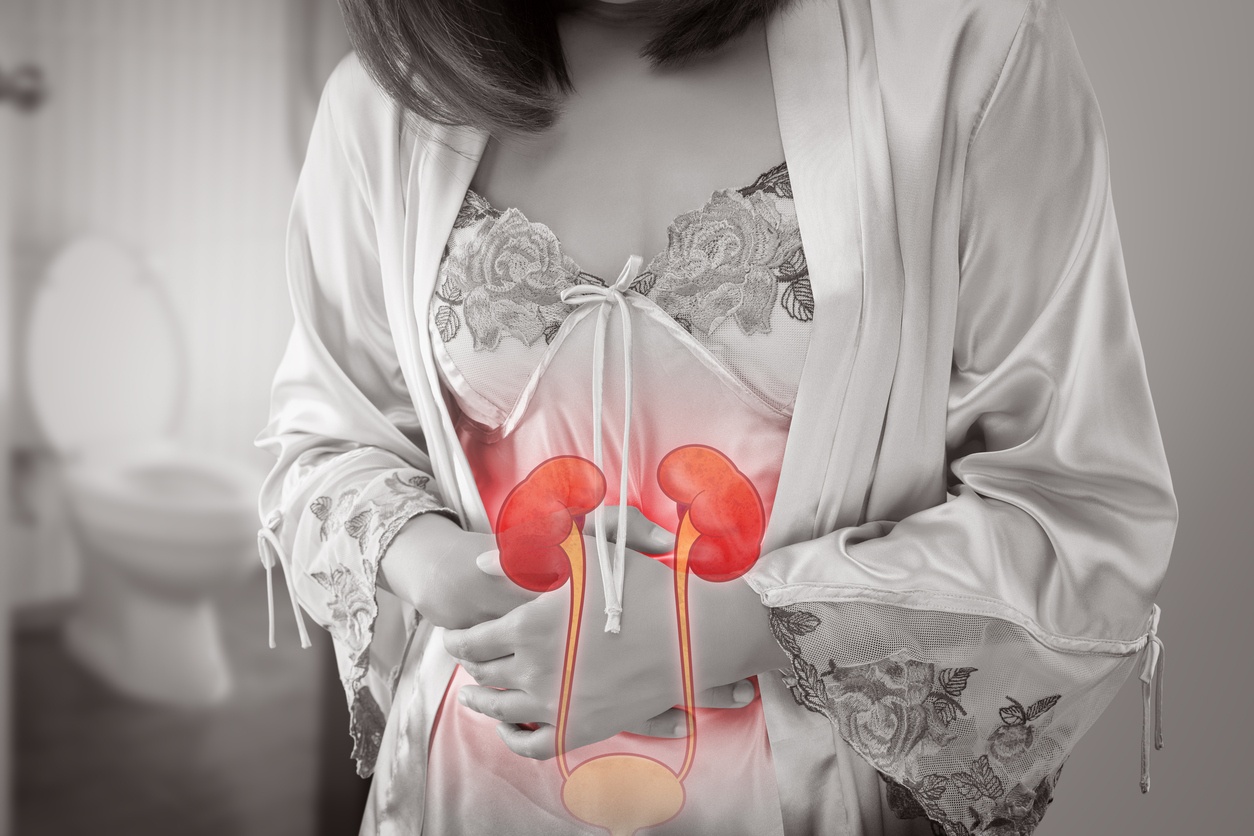How serious is PCOS and what does it mean for me?

Characterized by excess amounts of testosterone in the bloodstream, menstrual abnormalities, and infertility, polycystic ovarian syndrome (PCOS) is commonly diagnosed in women between 18 and 45 years of age. Other symptoms of PCOS include the development of insulin resistance, weight gain unrelated to dietary changes, hirsutism (overgrowth of body hair) and acne on the back and face. While PCOS can be managed with medications and lifestyle changes, complications arising from insulin resistance and weight gain (specifically diabetes and cardiovascular disease), pose a serious health issue for women who with undiagnosed and untreated PCOS. In many cases, women do not know they are polycystic ovarian syndrome until they visit their doctor for a fertility evaluation.
Treating Symptoms of PCOS
Treatment programs for PCOS are individualized to address a woman's individual problems. Some women may suffer more from hirsutism than others while other women gain more weight and develop diabetes or high blood pressure. Skin problems like acne and excess hair growth are treated with oral anti-androgen or androgen-based contraceptives. Topical creams may also be used to reduce facial hirsutism.
Glucose tolerance tests evaluate the risk of diabetes in women with PCOS. If necessary, a diabetes prevention plan involving dietary changes and regular exercise is recommended to help lose weight. A fasting lipid measurement provides risk assessments for cardiovascular disease. PCOS women with high cholesterol may be prescribed oral statins or other cholesterol-reducing drugs to decrease levels of LDL cholesterol and triglycerides.
How Can Women with PCOS Infertility Get Pregnant?
The polycystic ovarian syndrome may cause infertility when it prevents women from ovulating. Fertility-inducing medications can help restore normal ovulation by stimulating the release of hormones essential for ovarian follicle growth. Metformin, a type of insulin sensitizer, lowers insulin and testosterone (androgens) levels to slowly induce ovulation.
For women with PCOS who have trouble conceiving after trying a variety of medications, several assisted reproductive technologies such as intrauterine semination (IUI) or in vitro fertilization (IVF) are available to promote pregnancy. Following a fertility evaluation, women may opt for IVF or IUI depending on other factors discovered by their doctor during the examination. If you suffer from PCOS and infertility, you may be a good candidate for an IVF or IUI procedure.
New York Reproductive Wellness has helped many women with PCOS infertility achieve pregnancy using an assisted reproductive technology. Call today to schedule a consultation appointment with our doctor if you are experiencing infertility due to PCOS.







